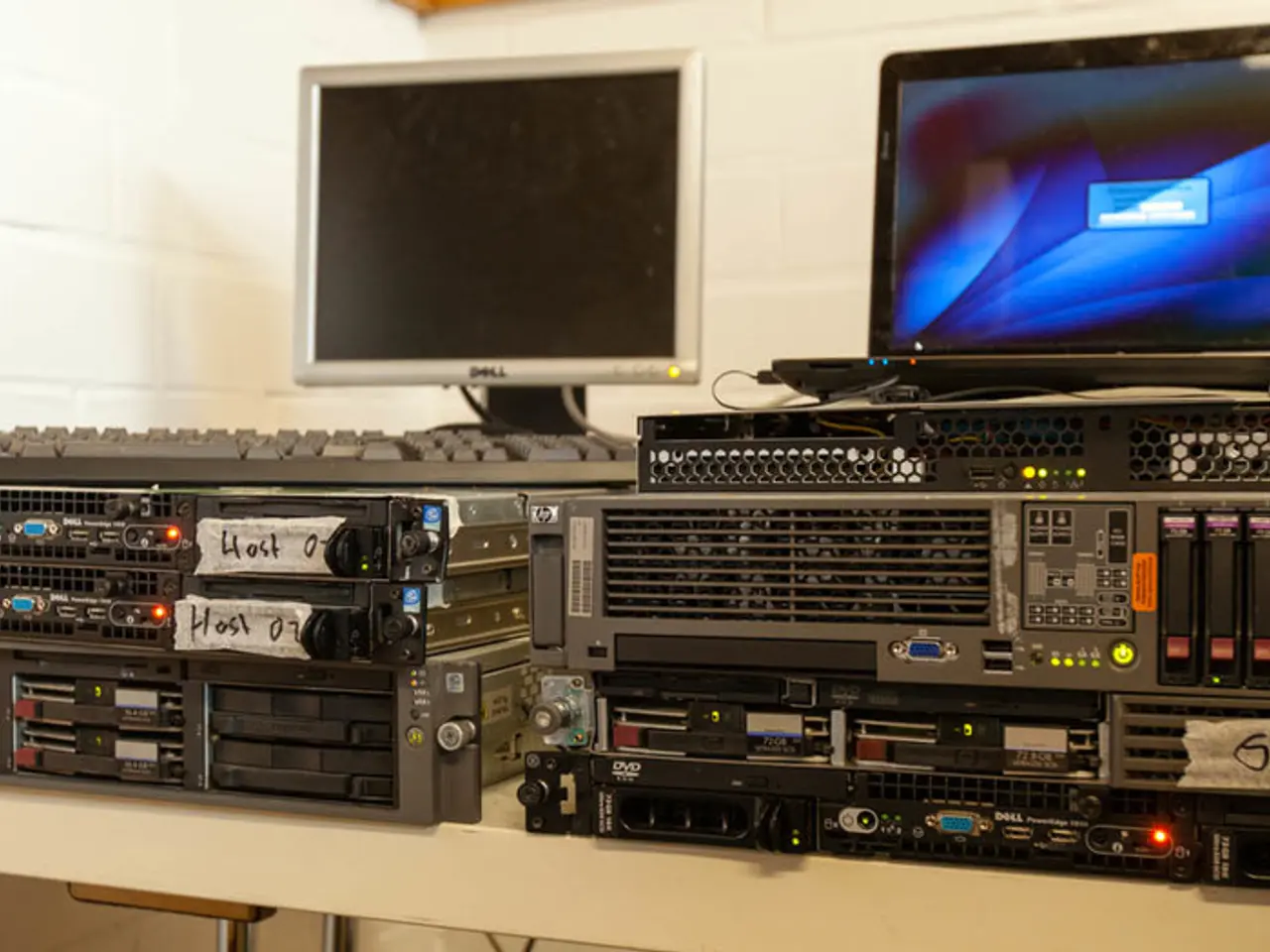U.S. Tightens Semiconductor Controls on China, Allies Pressured
The U.S. government has stepped up efforts to curb China's access to advanced semiconductor technology, with recent moves including stricter controls on Dutch company ASML and pressure on allies like Japan and Germany. Meanwhile, concerns over forced labour in supply chains and potential security threats have come under increased scrutiny.
In a bid to limit China's chipmaking capabilities, the U.S. has requested further restrictions on ASML, a leading Dutch semiconductor equipment supplier. These measures aim to strengthen export controls in the global semiconductor supply chain. The U.S. is also engaging with Japan to limit exports of crucial chemicals used in semiconductor manufacturing to China.
On the other side, China is actively developing its local chipmakers and encouraging domestic semiconductor procurement to reduce dependence on foreign technology.
A recent report revealed that major automakers, including GM, Tesla, BYD, Toyota, and VW, have failed to adequately address the risk of Uyghur forced labour in their aluminium supply chains. This comes as the U.S. has significantly increased detentions of goods suspected of involving forced labour, with over $301 million worth detained in February alone.
Tensions in Taiwan, a key player in global semiconductor production, could exacerbate the ongoing semiconductor shortage if the situation escalates. Additionally, Chinese-made cranes at U.S. ports are facing scrutiny due to potential security vulnerabilities.
The U.S. is also putting pressure on Germany to impose semiconductor export controls against China, with ongoing discussions involving the U.S., South Korea, and Japan on chip restrictions.
The U.S. government's efforts to contain China's semiconductor industry are intensifying, with stricter controls on ASML and increased pressure on allies. Meanwhile, concerns over forced labour in supply chains and potential security threats are rising, with automakers and Chinese-made cranes at U.S. ports under scrutiny. These developments highlight the complex geopolitical landscape surrounding semiconductor technology and supply chains.
Read also:
- Tesla is reportedly staying away from the solid-state battery trend, as suggested by indications from CATL and Panasonic.
- UK automaker, Jaguar Land Rover, to commit £500 million for electric vehicle manufacturing in Merseyside
- Vertical Future Collapses After Failing to Secure Buyer, 60 Jobs Lost
- U.S. Energy & Politics: Wood Burning Criticized, Wind Industry Faces Policy Hurdles, GOP Divided on Climate






